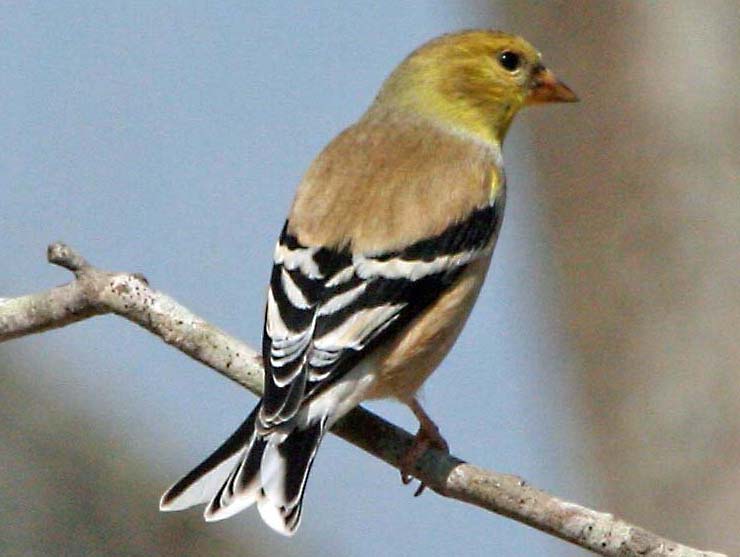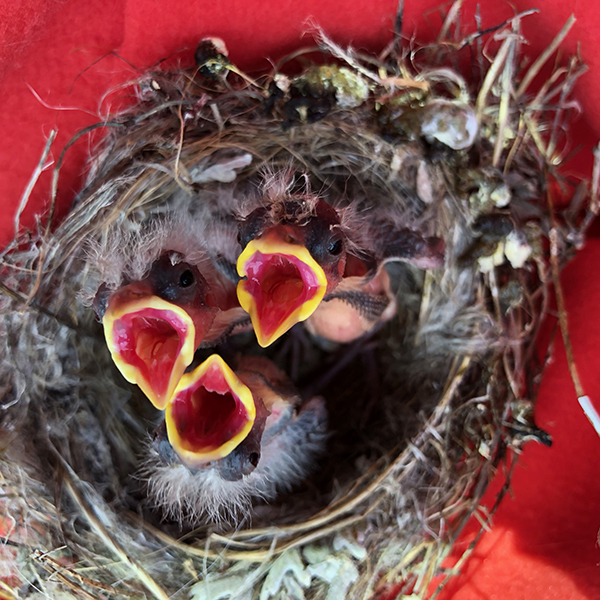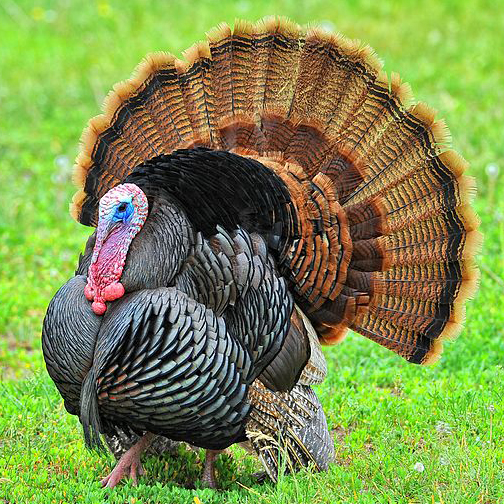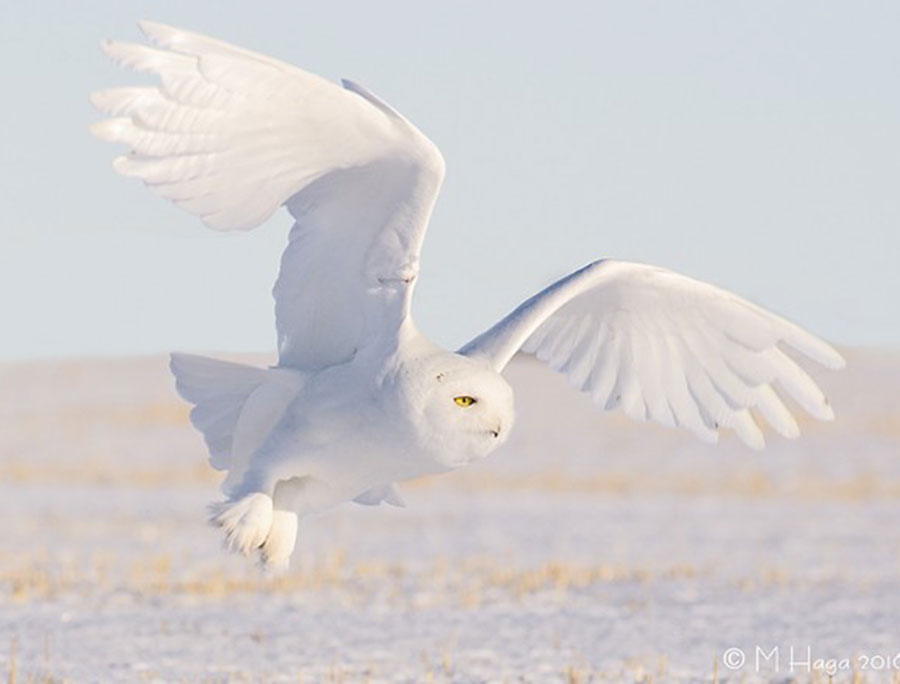Birds
Ring-Necked Pheasant
Ring-necked Pheasant is a large, chicken-like bird with a long, pointed tail. It has fairly long legs, a small head, long neck, and plump body. Males are gaudy with a red face and an iridescent green neck with a bold white ring. The male’s very long tail feathers are coppery with thin, black bars. Females are brown overall with paler scaling on the underparts; buff or cinnamon underparts with black spotting on the sides particularly on the back and wings. Cornell Lab of Ornithology: All About Birds
Read MoreNorthern Cardinal
The cardinal is about eight inches in length, both sexes. The male’s coloring is a distinct bright red with a contrasting black face mask, a red crest and a short, cone-shaped bill. The female’s coloring is a dull brown or olive with red on the wings and her tail, and a muted red crest. Her mask is usually lighter than the mask on the male.
Read MoreNorthern Gannet
Gannets are pelagic birds, meaning they spend their lives in or on the water only coming ashore to nest and care for their nestling. Gannets are the largest seabird in the North Atlantic with a wingspan of 6-½ feet. Often storms over the ocean will blow them inland and deposit them on land, making them unable to gain flight and will be cause for human intervention.
Read MoreGoldfinch, American

Goldfinches often flock with Pine Siskins and Common Redpolls. Spring males are brilliant yellow and shiny black with a bit of white. Females and all winter birds are more dull but identifiable by their conical bill; pointed, notched tail; wingbars; and lack of streaking. Read More
Baby Birds

Baby wild animals are extremely vulnerable. Knowing the right thing to do when you find an orphaned baby bird can make the difference between life and death. The assumption that the bird is orphaned, abandoned, or should be given food and water often causes harm.
Read MoreWild Turkey

These large, non-migratory birds are black to blackish-bronze with white wing bars, blackish-brown tail feathers and a blueish-gray to red head. Male wild turkeys or “Toms” weigh about 16–25 pounds. They sport a hairlike “beard” which protrudes from the breast bone; also present in some females.
Read More
